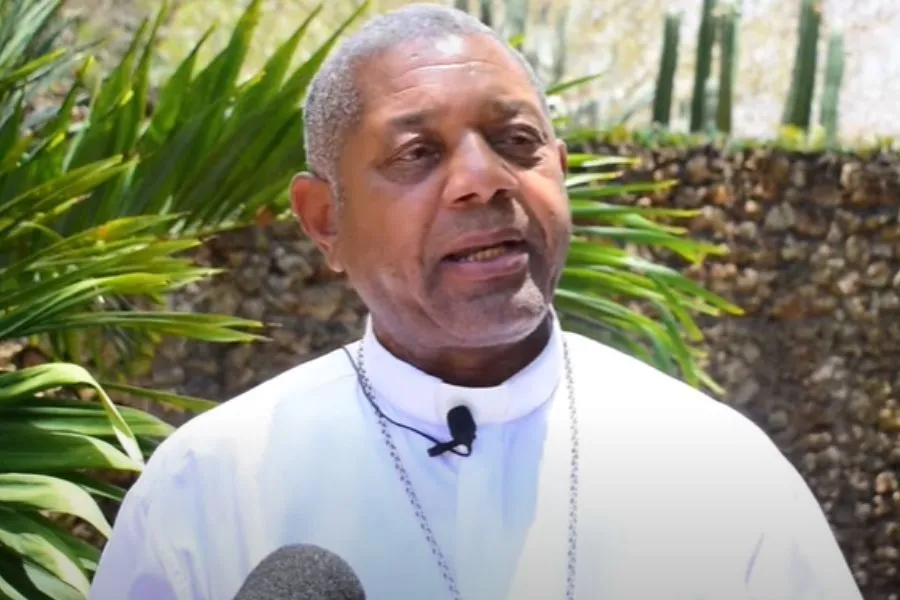They added, “Information publicly available shows that ‘Pastor’ Paul Mackenzie has been arrested and treated casually on multiple occasions, but each time released to go and continue.”
They described the Kenyan government’s move to regulate Churches in the country as diversionary.
“We find that the narrative being driven that churches, and by extension, religion, need to be regulated is a façade meant to divert attention from the real problem, which is that the state has failed to play its role of dealing with crime,” the religious leaders said.
They called on the authorities in Kenya to expedite investigations and prosecute, “not only Pastor Mackenzie and accomplices in his church, but also the state officers who have over the years facilitated him to engage in criminal activity through complicity or being compromised through bribery.”
“On our part, we are continuing with internal consultations to structure self-regulation guidelines that will cater for all religions in the country. We will share these in due course,” they said.
(Story continues below)
Four of the 110 bodies exhumed from Makenzie’s property were said to have either been hit by a blunt object or killed by asphyxiation.
Also facing similar charges is Ezekiel Odero of Malindi-based New Life Prayer Centre and Church who has been charged with the "mass killing of his followers". Odero is also suspected to be closely linked with Mackenzie.
On Thursday, May 4, the court in Mombasa released Odero on a Ksh.3m bond (US$30,000.00), with a surety of the same amount, or Ksh.1.5m cash bail, Shanzu Senior Principal Magistrate Joe Omido saying, “The bond or bail terms … shall subsist until the respondent is formally charged and or until the investigations are completed.”
Kenya is predominantly Christian. The year 2019 estimates indicate that approximately 85.5 percent of the 53.5 million Kenyans are Christian.
In the May 2 interview with ACI Africa, Bishop Lagho said that the arrest of Mackenzie could potentially boost Christianity in Kenya.
“With whatever is happening, people can see who has been deceiving them in the name of religion. People will be able to identify and join legitimate Churches,” he said.
Agnes Aineah is a Kenyan journalist with a background in digital and newspaper reporting. She holds a Master of Arts in Digital Journalism from the Aga Khan University, Graduate School of Media and Communications and a Bachelor's Degree in Linguistics, Media and Communications from Kenya's Moi University. Agnes currently serves as a journalist for ACI Africa.








